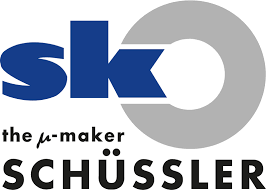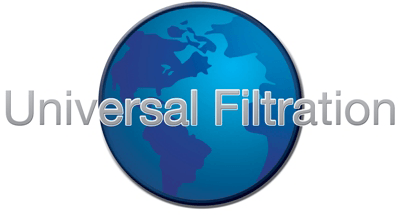FREQUENTLY ASKED QUESTIONS
1. What are the advantages of a 3D CMM coordinate measuring machine?
- Strong versatility.
- High measurement accuracy and high measurement efficiency.
- Convenient operation.
- Online measurement and has built an important position in the field of modern industrial production.
- The advent of CAD functionality has also given more space for the use of three-coordinate measuring tools
|
2. How to choose the right CMM machine for your business?
- Coordinate measuring machines (CMMs) have an accuracy matched to the machine being processed and the product
- Various measuring applications: 2D, 3D, touch measurement, Scan…
- The measuring range is suitable and meets the exact needs.
- Ability to pay of the Enterprise
- Product size and weight
- Target customer partners to choose origin.
- Reliable supplier with good service.
|
3. What is calibration?
- Calibration is the activity of determining and establishing the relationship between the measurement value of a measurement standard or measuring instrument and the measurement value of the quantity to be measured. In which:
- A measurement standard is a technical means to express and maintain the unit of measurement of a measured quantity and is used as a standard for comparison with other means of measurement or measurement standards.
- A measuring instrument is a technical means of performing a measurement.
- Measurement is a set of operations to determine the measured value of the quantity to be measured.
|
4. What is correction?
Calibration is correcting errors in machinery and equipment to achieve the necessary accuracy and reliability of machinery and equipment. |
5. Distinguish between Calibration and Correction?
Calibration and Correction are completely different in nature, one side is to evaluate errors, check the accuracy of measuring equipment, the other side is to adjust and repair the equipment to return to reliable accuracy. |
6. Why is it necessary to calibrate an airborne particle counter?
Regular calibration of the airborne particle counter ensures that the device operates accurately and reliably, providing accurate and reliable measurements of air quality. |
7. Why is it necessary to test for HEPA leaks?
HEPA leak testing is necessary to ensure filter integrity, prevent the leakage of toxic particles into the environment, and ensure air quality in cleanroom environments. |
8. How to choose a particle counter?
- Particle counter basics: Particle counters operate on the principle of scattering or obstructing light. Light shines on the particles, which are then reflected or absorbed, allowing the counter to determine the size and count the number of particles.
- Important factors when choosing a particle counter: Before choosing a particle counter, consider the intended use, the environment and the user.
- Some technical factors to consider: Sensitivity, counting efficiency and number of counting channels are important factors when choosing a particle counter. Sensitive devices often have higher initial costs and higher maintenance costs.
|





















